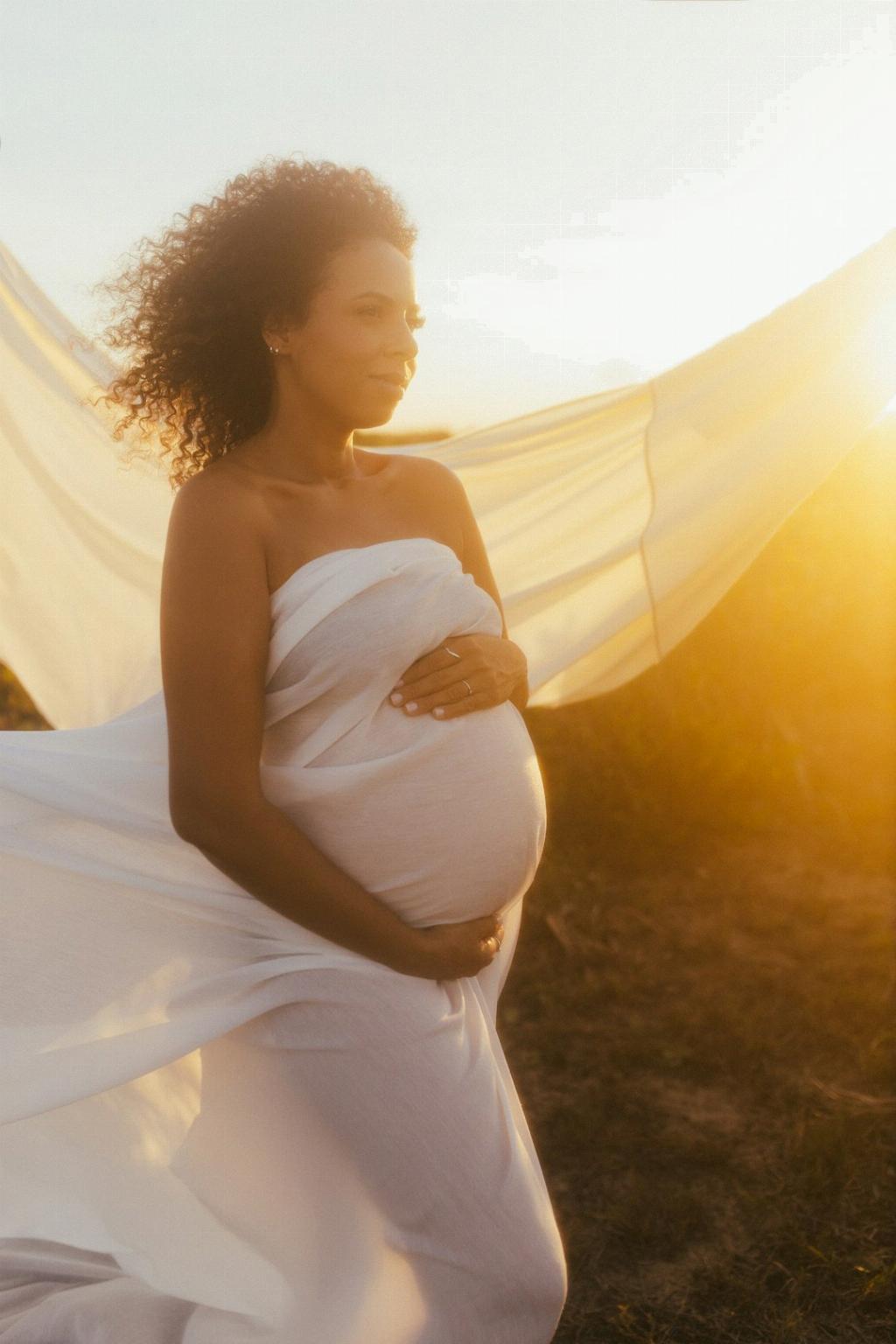During pregnancy, it’s important to be mindful of the skincare products you use as certain ingredients can potentially harm you or your baby. When it comes to maintaining a safe skincare routine during pregnancy, there are a few key points to keep in mind.
Opt for Gentle Cleansers
One of the safest options for cleansers during pregnancy is to opt for gentle, fragrance-free formulas. Look for products that are free from sulfates and artificial fragrances to minimize the risk of irritation.
Avoid Harsh Chemicals
It’s best to steer clear of skincare products that contain harsh chemicals such as retinoids, salicylic acid, and hydroquinone. These ingredients have the potential to be absorbed into the bloodstream and could pose a risk to your developing baby.
Choose Natural and Organic Ingredients
When in doubt, opt for skincare products that contain natural and organic ingredients. These products are less likely to contain harmful chemicals and are gentler on the skin, making them a safer choice during pregnancy.
Stay Hydrated with Moisturizers
Hydration is key during pregnancy, so be sure to use a moisturizer that is safe for both you and your baby. Look for products that contain ingredients like glycerin and hyaluronic acid to help lock in moisture without clogging pores.
Protect Your Skin with Sunscreen
Shielding your skin from harmful UV rays is crucial, especially during pregnancy when your skin may be more sensitive. Opt for mineral-based sunscreens with zinc oxide and titanium dioxide for broad-spectrum protection without harsh chemicals.
Avoid Essential Oils
While essential oils are natural, some can be too potent for use during pregnancy. It’s best to avoid essential oils like rosemary, clary sage, and peppermint, as they have the potential to trigger contractions or cause skin irritation.
Moisturize with Safe Ingredients
When choosing a moisturizer, opt for products that are formulated with safe ingredients such as shea butter, cocoa butter, and jojoba oil. These natural emollients can help keep your skin soft and hydrated without any harmful side effects.
Consult Your Healthcare Provider
If you have any concerns about specific skincare products or ingredients, don’t hesitate to consult your healthcare provider. They can provide personalized recommendations based on your individual needs and concerns.
Avoid Heavy Fragrances
While some scents are safe to use during pregnancy, it’s best to avoid products with heavy synthetic fragrances that can potentially irritate your sensitive skin. Opt for fragrance-free or lightly scented products to minimize any adverse reactions.
Reconsider Anti-Aging Products
Avoid using anti-aging products that contain retinoids or other potent ingredients that may not be safe during pregnancy. Instead, focus on gentle skincare routines that prioritize hydration and protection.
List of Safe Skincare Ingredients
Some safe skincare ingredients to look for during pregnancy include aloe vera, chamomile, oatmeal, and vitamin E. These ingredients are known for their soothing and hydrating properties, making them ideal for sensitive skin.
Conclusion
Overall, maintaining a safe skincare routine during pregnancy involves being mindful of the ingredients in your products and opting for gentle, nourishing formulas. By choosing products that are free from harmful chemicals and irritants, you can ensure the health and safety of both you and your baby.

